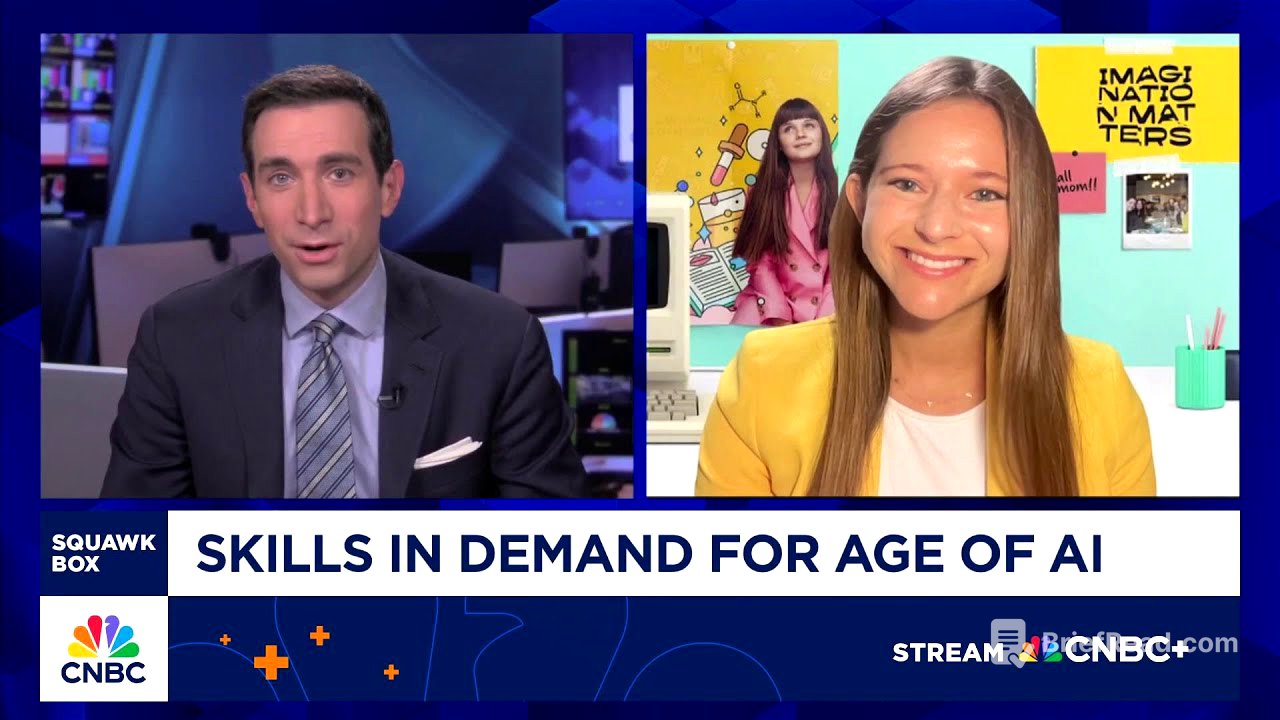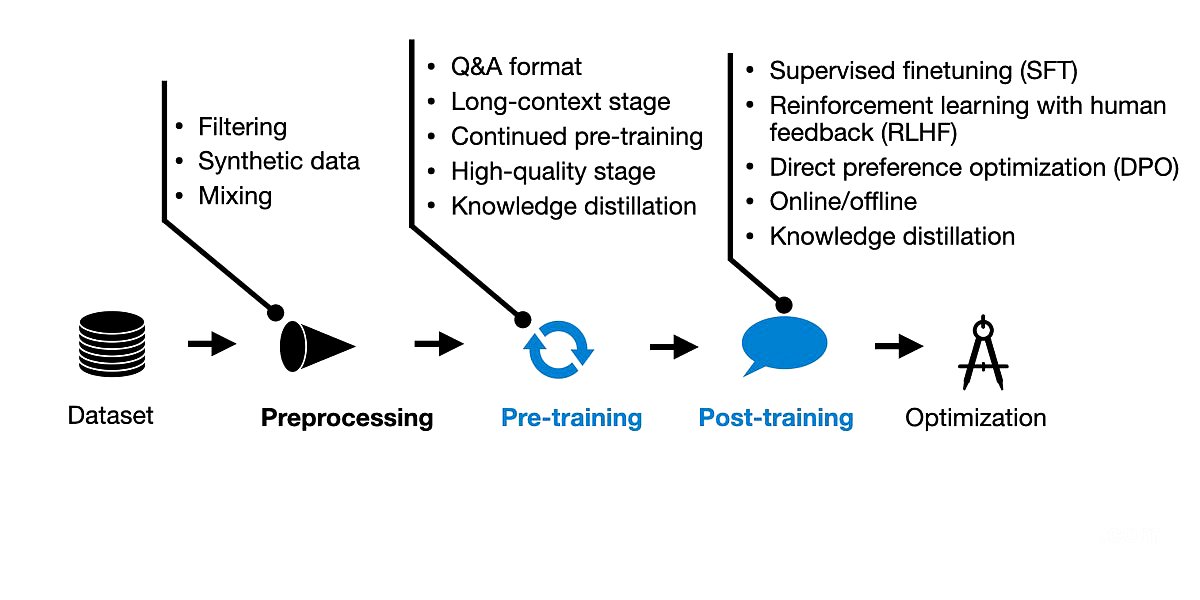TLDR;
This video features a discussion with Audrey Wish, co-founder and CEO of Curious Cardinals, about the skills students need in the age of AI. Audrey argues that AI should be seen as a tool to amplify learning, not replace it. She emphasises the importance of cultivating critical thinking, problem-solving, research, storytelling, and adaptability in students. The conversation touches upon how AI can be used thoughtfully to solve real-world problems and enhance executive function and study skills, using a real-life example of a third-grader who used AI to accelerate his science project.
- AI is a tool to amplify, not replace, learning.
- Critical thinking, problem-solving, research, and adaptability are crucial skills.
- Students should be active engagers in their learning, not passive consumers.
Introduction to Curious Cardinals and the AI Discussion [0:00]
The segment introduces Curious Cardinals, a mentorship platform founded in 2020 that serves over a thousand students weekly with 700 mentors across the country. The discussion revolves around the skills needed in the age of AI and what students should be learning. Audrey Wish, the co-founder and CEO, joins to discuss the skills in demand now that AI is becoming more prevalent in society. The host sets the stage by mentioning the concerns about AI potentially surpassing human intelligence and how education should adapt.
Rethinking Education in the Age of AI [0:46]
Audrey quotes Albert Einstein, saying, "Don't memorize what you can already look up," highlighting the need to move away from rote memorization. She expresses optimism about AI, viewing it as a catalyst to raise the bar for critical thinking, problem-solving, research, questioning, storytelling, and adaptability. She stresses that in an era where information is readily accessible, the focus should shift towards cultivating these essential skills.
Balancing Foundational Knowledge with AI [1:36]
The host raises a concern that knowing underlying information is crucial for reasoning and making arguments. Audrey agrees that foundational knowledge is important but emphasises that AI necessitates raising the bar in education. She points out that many students are passive consumers, merely going through the motions in their education. She encourages parents to empower their children to be active agents of change and engage with critical thinking, research, communication, and collaboration.
AI as a Tool for Amplification, Not Replacement [3:03]
Audrey clarifies that AI is a tool to amplify learning, not replace it. She addresses the misconception that kids are using AI to cheat. Instead, she advocates for teaching kids how to use AI thoughtfully to solve real problems. AI can help students with executive function and study skills. She shares an example of a pitch competition where a third-grader invented a copper soap using AI as an accelerant, demonstrating critical thinking and problem-solving skills.









